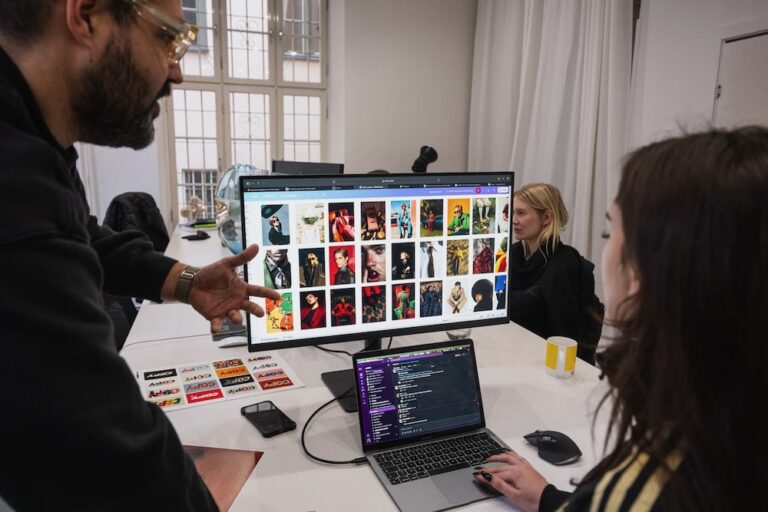The IFJ on 23 June 1995 warned European Union leaders meeting next week in Cannes that regulation of ethics in journalism should be left to journalists alone. A report on racism and xenophobia going to the Cannes EU Summit suggests that “certain effective sanctions mechanisms” should be considered if media breach ethical guidelines concerning reporting […]
The IFJ on 23 June 1995 warned European Union leaders meeting
next week in Cannes that regulation of ethics in journalism
should be left to journalists alone. A report on racism and
xenophobia going to the Cannes EU Summit suggests that “certain
effective sanctions mechanisms” should be considered if media
breach ethical guidelines concerning reporting of race issues.
The report of the European Union’s Consultative Commission on
Racism and Xenophobia welcomes and supports the IFJ decision to
establish an International Working Group Against Racism and
Xenophobia. The Working Group has launched a campaign of activity
to raise awareness among media professionals about issues of
racism and tolerance.
“We welcome the Commission’s support, but the statement regarding
sanctions is dangerously ambiguous and could be used to justify
legal controls of the work of journalists,” said Aidan White, IFJ
General Secretary. “This aspect of the report will fuel the fears
of many in media that governments are intent on using the law to
try to impose ethical principles.” The IFJ says that issues of
incitement to racial hatred, violence and community relations are
covered by general national and international laws. “We do not
need special laws directed at media,” said Aidan White. “Such a
step would lead to a media backlash and would damage the efforts
of those of us trying to improve instruments of voluntary
self-regulation.”
Concerns over the rise of racism and community violence in the
west and ethnic conflict in eastern Europe have led journalists
to review the quality of media coverage and the effectiveness of
journalistic guidelines. “However, we regret that the
international organisations of media owners and publishers are
still reluctant to take the matter up,” said Aidan White, “but
the threat of political intervention will not help to build the
industry solidarity against racism. If anything, it will only
make matters worse.”
The IFJ World Congress which met in Spain in May agreed to
establish an International Commission to Investigate the role of
“hate media” in the war in Yugoslavia. National conferences on
the problem of race reporting had been held this year in London,
organised by the National Union of Journalists in Great Britain
and Ireland and in Amsterdam under the sponsorship of the
Netherlands Association of Journalists. More conferences are
planned for Helsinki and Rome later this year. The IFJ has
developed a programme of practical activities, supported by the
European Commission, which are designed to encourage more
awareness in journalism and more employment opportunities for
people from ethnic minority backgrounds.
Appeals To


